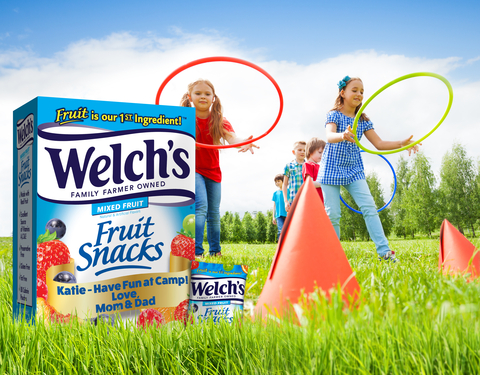Personalization is a key way for marketers to delight customers, whether that’s through personalized products, experiences, shopping journeys, content or ads.
And personalization has never been more important, according to Twilio’s third annual State of Personalization Report.
The research found 62% of consumers say brands will lose their loyalty for delivering unpersonalized experiences, an increase from 45% last year.
Personalized shopping experiences from retailers drive brand loyalty, the report states, resulting in 49% of consumers becoming repeat buyers.
“Hyper personalization and an omnichannel experience have become table stakes,” explained Leah Zitter in a recent SmartBrief article.
Personalized product marketing
Customizable products provide marketers with an opportunity to connect more deeply with consumers and deliver the personalized experiences they crave.
There are many examples, such as Nike’s 3D sneaker customization platform, Coca-Cola’s personalized Share a Coke bottles or Gatorade’s Sweat Patch that personalizes product recommendations based on individual sodium and fluid loss.
One new example of personalized product marketing comes from Welch’s. The brand is enabling consumers to personalize the boxes of its Fruit Snacks with names or birthdays and the special boxes are available on Amazon for $24.99.

“With our new Personalized Boxes, we hope that Welch’s Fruit Snacks lovers of all ages will celebrate life’s important occasions, with a customized touch and bring extra joy and happiness to those festive moments,” said Daniel Mendelsohn of parent company PIM Brands in a press release.
The company is building on the success it experienced with its personalized Mother’s Day and Valentine’s Day Fruit Snacks Custom Heart-Shaped Boxes.
Personalization relies on first-party data and trust
Personalization also gives marketers an opportunity to collect valuable first-party data. “Personalization is a big topic for consumers across the world, and consumers are increasingly willing to share data so long as they see a benefit,” says McKinsey’s Sandra Welchering in this article about personalization and the wellness industry.
But brand trust is essential to persuade consumers to give up that data.
Twilio’s report found only 40% of consumers trust brands to use their personal data responsibly and keep it safe. However, 63% are happy with personalization as long as brands are using first-party data obtained from them voluntarily, and not purchased data.
“In order to stay competitive today, brands need to invest in delivering personalized shopping experiences that meet customer demands. Personalization is an opportunity to drive revenue growth, increase customer satisfaction and build customer loyalty,” Adobe’s Tory Brunker told Protocol.
For more insights like this, subscribe to our free newsletter.
